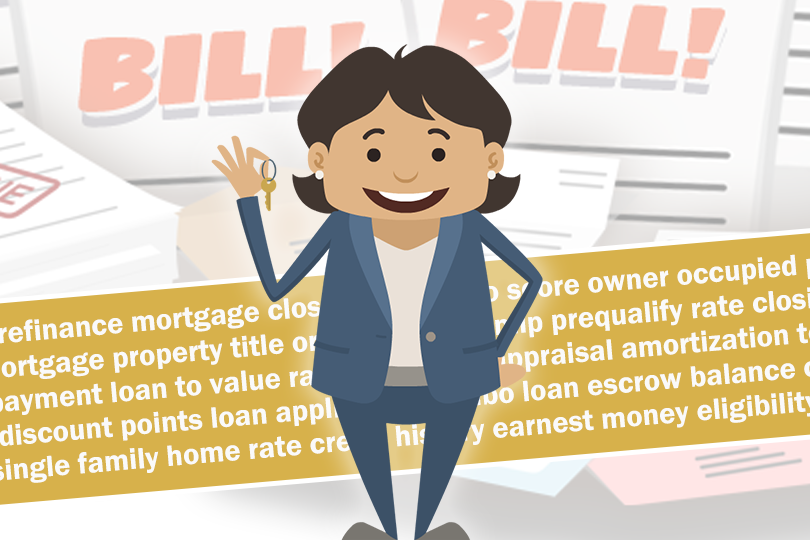FHA Loan Definitions You Should Know

Here are some basics you should know:
FHA single-family home loans are what you’re after when you apply for an FHA mortgage to purchase a home, townhome, condo, manufactured home, etc.
Single Family FHA mortgage is a term that refers to properties up to four units large that the borrower will occupy as the primary residence. There is an occupancy requirement for FHA loans as a condition of loan approval.
The minimum required investment is another way of saying “down payment,” and all FHA mortgages require one. Depending on FICO scores, a borrower may be asked for a 3.5% down payment or a 10% downpayment. The cost of an appraisal or other fees is NOT considered part of the down payment/minimum required investment. Factors such as FICO scores, etc., can affect your down payment amount.
Home inspections are an expense you must budget and save for in addition to the appraisal fee. Don’t neglect this crucial part of the home-buying process.
Occupancy requirements refer to the FHA policy that homes purchased with an FHA mortgage must typically be occupied within a reasonable time after closing. Most transactions have a 60-day move-in requirement.
Why this rule? In part, to prevent FHA single-family mortgage loans from being used to purchase investment properties the borrower does not plan to live in.
Mortgage Insurance Premiums (MIP) are an important part of your FHA loan monthly mortgage obligation. These premiums are paid as part of the mortgage, but there’s also an upfront fee (see below) to budget and save for.
FHA MIP is a separate payment from the FHA Up Front Mortgage Insurance Premium, part of the borrower's closing costs. Depending on the circumstances, this may be included in the loan amount, but the borrower must either pay or finance the entire amount.
Base loan amount, defined by FHA.gov: "The Base Loan Amount is the mortgage amount prior to the addition of any financed Upfront Mortgage Insurance Premium (UFMIP)."
Early payoff penalties are charged for some mortgages if you pay off the loan in full before the loan term ends. You may pay off the loan early if you sell the home, refinance it, or pay ahead. FHA mortgages have no early payoff penalties which is one reason to consider an FHA mortgage, especially if you already know you’ll be refinancing later.
------------------------------
RELATED VIDEOS:
There's a Difference Between APR and Interest Rates
Choose Your Mortgage Lender Carefully
Getting Started With Your FHA Loan Application

Do you know what's on your credit report?
Learn what your score means.







